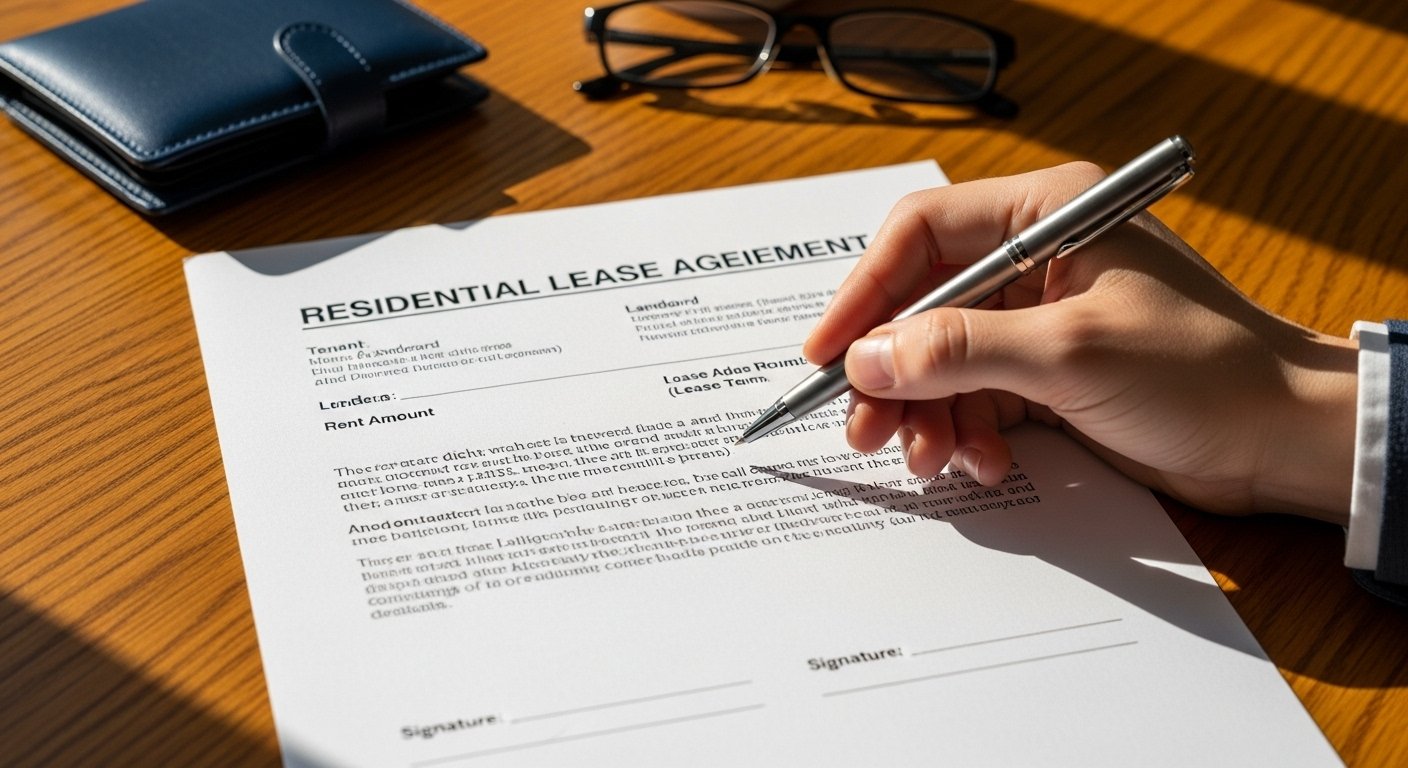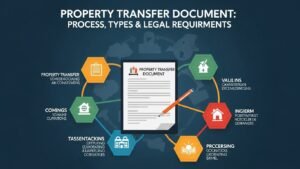
Introduction
When you think about moving into a new place, what’s the first thing that comes to mind? For many, it’s the rent agreement. This crucial document not only protects your rights but also clarifies responsibilities for both tenants and landlords. In this article, we’ll break down everything you need to know about rent agreements, from what they are to how to effectively negotiate them.
A rent agreement, or lease, is a legal document between a landlord and tenant outlining the terms of renting a property. Its primary purpose is to protect both parties by specifying their rights and obligations. Without a clear agreement, misunderstandings can arise, leading to disputes down the line.
Types of Rent Agreements
Not all rent agreements are created equal! Here are some common types:
- Fixed-term Agreements: These last for a specified period (like one year) and are often the most common type.
- Month-to-Month Agreements: These offer flexibility as they renew automatically each month until one party gives notice to terminate.
- Sublease Agreements: If you want to rent your apartment to someone else while you’re away, this type comes into play.

Key Components of a Rent Agreement
When drafting or reviewing a rent agreement, pay attention to these essential components:
- Parties Involved: Clearly identify the landlord and tenant(s).
- Property Description: Specify the exact address and details of the rental property.
- Rent Amount: Include the monthly rent and payment due date.
- Duration of the Lease: Indicate the start and end dates of the lease.
- Security Deposit: State the amount and conditions for its return.
Legal Requirements for a Rent Agreement
To ensure your rent agreement is enforceable, it should meet certain legal requirements:
- Writing and Signing: Most jurisdictions require written agreements, especially for leases over a year.
- Notarization: In some cases, notarization may be necessary for additional legal protection.
- Local Laws and Regulations: Always check your local laws as they can affect what must be included.

Common Mistakes to Avoid
Avoid these pitfalls to ensure a smooth renting experience:
- Not Specifying Terms Clearly: Ambiguities can lead to disputes; clarity is key!
- Ignoring Local Laws: Failing to comply can invalidate your agreement.
- Failing to Document Everything: Keep records of all communications and modifications.
How to Negotiate a Rent Agreement
Negotiation can feel daunting, but it doesn’t have to be! Here are some tips:
- Tips for Tenants: Research comparable rents in the area and be prepared to discuss.
- Tips for Landlords: Understand your property’s value and the market trends.
- Finding Common Ground: Aim for a win-win situation where both parties feel satisfied.
Understanding Your Rights and Responsibilities
Both tenants and landlords have rights and responsibilities. Here’s a brief overview:
- Tenant Rights: Right to a habitable living space, privacy, and return of the security deposit.
- Landlord Rights: Right to timely rent payment and reasonable access to the property.
- Handling Disputes: Always try to resolve issues amicably before involving legal channels.

Conclusion
In summary, a rent agreement is a vital part of the rental process, ensuring both parties understand their rights and responsibilities. From drafting to negotiating and ultimately renewing or ending the agreement, clarity is essential. So, whether you’re a landlord or a tenant, make sure you’re well-informed!
FAQs
What should I do if my landlord refuses to sign the agreement?
- Discuss any concerns with them and consider adjusting terms for mutual satisfaction.
How do I ensure my security deposit is returned?
- Maintain the property well and follow the agreed-upon move-out procedures.
Can I break a lease without penalty?
- It depends on the lease terms; check for any early termination clauses.
What happens if my roommate violates the rent agreement?
- Address the issue directly with your roommate and discuss potential solutions.
Are verbal agreements legally binding?
- They can be, but it’s always best to have everything in writing to avoid misunderstandings.







